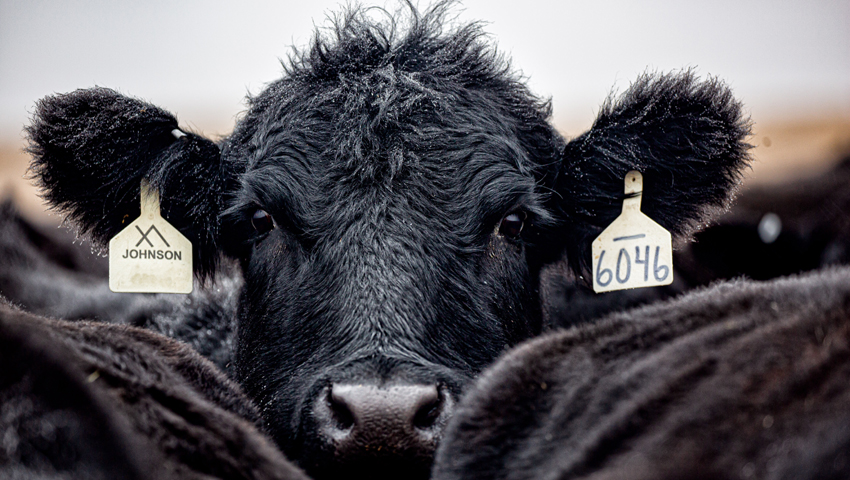By Patrick Holden, Chief Executive of Sustainable Food Trust
The introduction by the Danish government of a cow carbon tax, announced last week, is in my opinion a deeply misguided decision.
I’m sure it was well intentioned, but the truth is that introducing this tax may make it even more difficult for farming to move from being part of the problem (which it currently absolutely is) to being part of the solution.
Furthermore, and this is a controversial statement if ever there was one, it is my contention that beef, lamb or dairy products from grass fed animals managed in a holistic grazing system are amongst the most sustainable foods we can eat.
This proposition runs counter to the overwhelming consensus in the scientific, research, policy, NGO, and medical establishment that livestock, in general, and ruminants, in particular, are part of the problem in terms of climate. However, before you dismiss me as a heretic, I’ll try and set out the arguments which justify this statement.
Let me start by defending the undoubtedly good intentions of the policymakers in the Danish government. They are simply following the lead of many reports and institutions who have been saying for at least a couple of decades now that ruminant animals (cows and sheep) are part of the problem in terms of climate change because they emit methane.
This is correct, but what they don’t factor in is the inter-relationship between the emissions from those same grazing animals and the pastures they eat, which, if correctly managed, can be a major source of carbon sequestration.
For evidence, look no further than the corn-belt in the USA, as it is now known, whose soil fertility was built (in some cases several metres of it) by an interaction between millions of bison and grasslands.
Furthermore, the current way by which we calculate the global warming effect of methane, termed GWP100, does a poor job of measuring its actual warming impact. A new and improved metric, termed GWP*, has been developed in response, and this shows that the carbon footprint of herds or flocks with stable or declining methane emissions have been significantly overestimated.
I suggested at the beginning of this article that we should not be too hard on the policy makers because they are simply misinformed. What they now need to do is to differentiate between the animals that are part of the problem – intensively farmed, mainly grain-fed, animals which never get out to grass – and those animals that are not only part of the solution, but are actually central to the farming and food systems transition that all farmers will need to undergo if we are to avoid irreversible climate change.
Let me conclude by declaring an interest. I have been lucky enough to have stewardship over a 300-acre dairy farm in West Wales for over 50 years during which time we have been producing milk, cheese, meat and vegetables – all without the use of any chemical fertilisers, doing our best to farm in harmony with nature.
Like many farmers, we haven’t been keeping robust soil carbon records but from analysis over the last 10 or 15 years there is strong evidence to suggest that we are actually carbon negative, if you balance the carbon sequestration which we have achieved in our soils, hedgerows and grassland against the methane, diesel, electricity, and other inputs that are part of the problem.
So, if you are one of the many millions of people that have been persuaded to move to a plant-based diet, please do think twice and consider purchasing meat and dairy products from grass-fed (or mainly grass-fed) cattle and sheep. By doing so you will be actively enabling the much-needed transition towards more sustainable food and farming systems.
